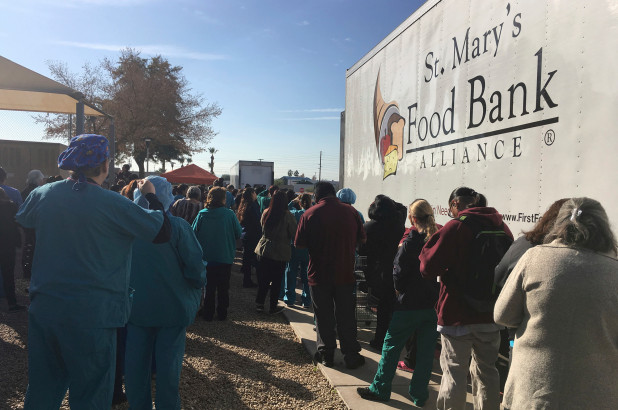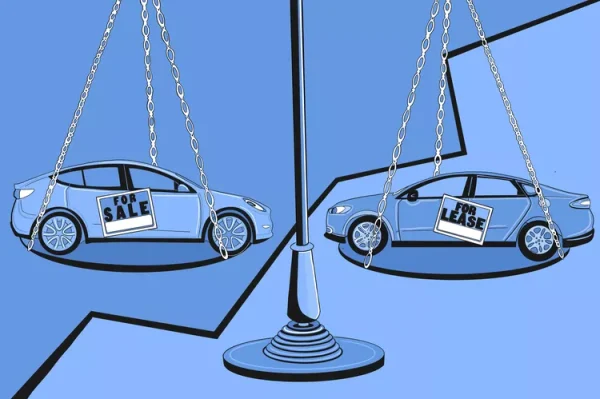Government Shutdown Had Devastating Effect on the Poor, and Another Shutdown May Be Coming
With the government back to fully open and operating – at least for the next three weeks – after a record setting 35 days of being partially closed, it is easy for those who were not directly affected by the shutdown to overlook the impact it had on those who were.
Imagine that you’re stockpiling on canned foods, filing your shelves with noodle soup, green beans, canned fruit, and basically anything that can last for months or even years. That is what Doris Cochran, a disabled mother of two young boys, was doing to make sure her family didn’t go hungry if their food stamps ran out.
Cochran lives in Arlington, Virginia, with her two sons. She relies solely on government subsidies to survive. She is also trying her best to support her children using social security payments, food stamps and cash assistance payments. If any one of those federal programs were to stall, Cochran could end up on the street.
Cochran said she’s tried selling homemade crafts and clothes to second hand stores to make a few extra dollars. She also returned the toys she had bought for her sons so she can buy them shoes instead.
“It was hard, but you have to make choices,” she said. “I’m experiencing quite a bit of anxiety.”
For those like Cochran who rely on federal aid programs, the social safety net no longer seems to be reliable.
The U.S. government shutdown affected millions of poor Americans around the country. It became nerve wracking for those who rely on food and rental assistance as this government shutdown stretched into a fifth week. While most of the major aid programs were not totally depleted, the prospect of that caused plenty of stress and anxiety for those who depend on such aid.
During the shutdown, the Trump administration tried to restore some services across the government, but two agencies crucial to the federal safety net, the U.S. Department of Housing and Urban Development and the U.S. Department of Agriculture, remained closed.
The USDA declared earlier this month that the Supplemental Nutrition Assistance Program, which provides food aid to roughly 40 million Americans, would have only been able to operate without needed government funding through February. If the shutdown had extended into March or if it is reinstated in three weeks, there is no guarantee that food stamps would be available for those in need.
Food banks also did their best to help out during the shutdown. Yet, their supplies were slowly decreasing everyday due to the increase of people and unpaid government workers needing help.
The CEO of Hunger Free NYC, Joel Berg, said during the shutdown, “It’s clear that low-income federal employees could quickly run out of food after being denied even one paycheck. Many dedicated public servants will need extra help with food. This shutdown vividly demonstrates just how many Americans are only one missed paycheck away from hunger.”
Since the government shutdown began, the Department of Housing and Urban Development (HUD) was been unable to renew contracts with private building owners who receive federal subsidies to provide housing to low-income families, the elderly, and people with disabilities. These contracts help out the tenants because the tenants only pay for a portion of the rent and the federal government covers for the rest. Without these contracts, paying for rent becomes harder, if not impossible, for these tenants.
During the shutdown, thousands of these types of contracts expired or came close to expiring since HUD wasn’t able to make their part of the payments to the landlords. HUD asked the landlords to pay the rental costs until the government reopened with the promise of repayment once the government reopened.
With the government back in business for the next three weeks as negotiations between Trump and the leading Democrats begin to keep the government open on a more permanent basis, those who felt a direct impact of the shutdown can only worry how much more worse things will get if the two sides can’t come to an agreement and the government is shut down again.









